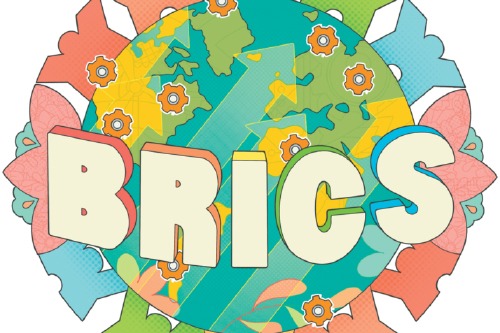Seeking Happiness for People: 70 Years of Progress on Human Rights in China

Education for ethnic minorities and in ethnic minority areas has developed rapidly. China has adopted a series of measures to improve educational equality and ensure ethnic minorities' right to education. These measures include: opening schools for students from ethnic minority groups, opening preparatory courses and special classes for ethnic minorities at colleges and schools in other provinces and municipalities, giving preferential treatment to students from ethnic minority groups when they take exams to enter higher levels of education, running residential schools in farming and pastoral areas, and prioritizing ethnic minority areas in higher education development. Nine-year compulsory education (elementary and junior high schools) is universal in ethnic minority areas. In Tibet Autonomous Region and south Xinjiang Uygur Autonomous Region, students are exempt from charges for education for a total of 15 years from preschool to senior high school. In Xinjiang in 2018, the gross preschool education enrolment rate reached 96.86 percent and the net primary education enrolment rate was 99.94 percent.
The freedom of ethnic minorities to use and develop their own spoken and written languages is fully protected. In China, with the exception of the Hui and Manchu peoples who generally use Han Chinese, the other 53 ethnic minorities have their own spoken languages, and 22 groups use a total of 28 written scripts. The state protects by law the legitimate use of the spoken and written languages of ethnic minorities in the areas of administration and judicature, press and publishing, radio, film and television, and culture and education. It has established a database for the endangered languages of ethnic minority groups, and initiated the Program for Protecting China's Language Resources. As of March 2019, there were 714 radio and television stations in ethnic autonomous areas. The broadcasting stations across the country run 46 television channels and 56 radio programs in ethnic minority languages. The Xinjiang Uygur Autonomous Region publishes newspapers, books, audios, videos, and electronic publications in Han Chinese, Uygur, Kazakh, Kyrghyz, Mongolian and Xibo languages, and uses various spoken and written languages in radio and television programs. The state provides bilingual education in ethnic minority areas, forming a basic bilingual education system that extends from preschool to senior high school. In 2018, there were 6,521 primary and middle schools catering to ethnic minority students in China, giving courses in both Han Chinese and ethnic minority languages, with 206,000 full-time teachers teaching such courses to 3.09 million students.


































